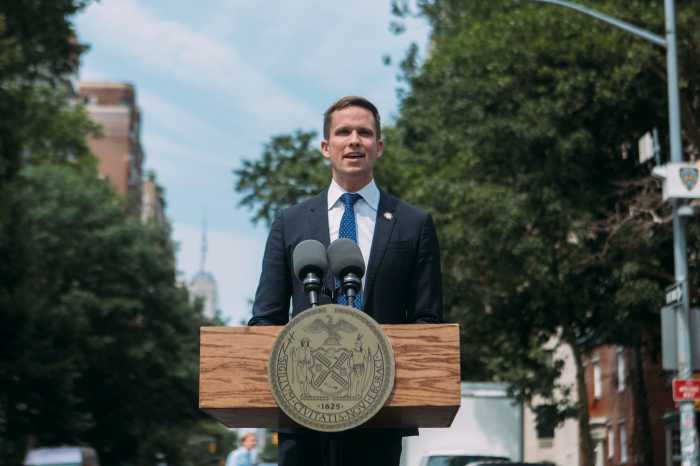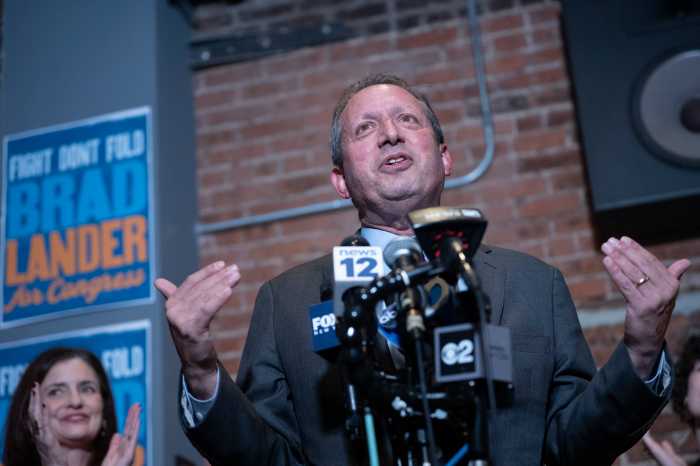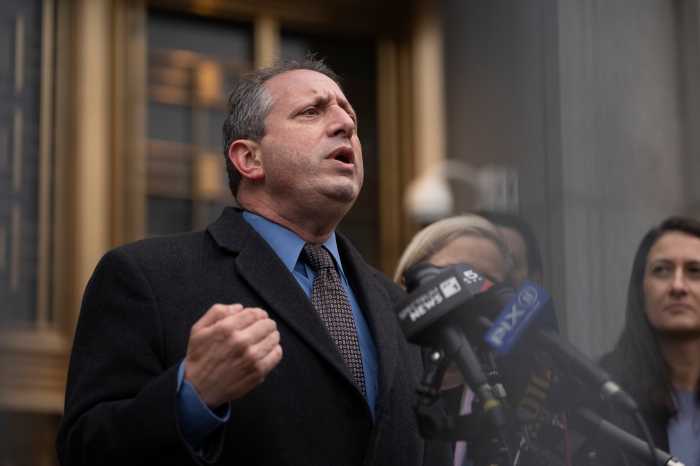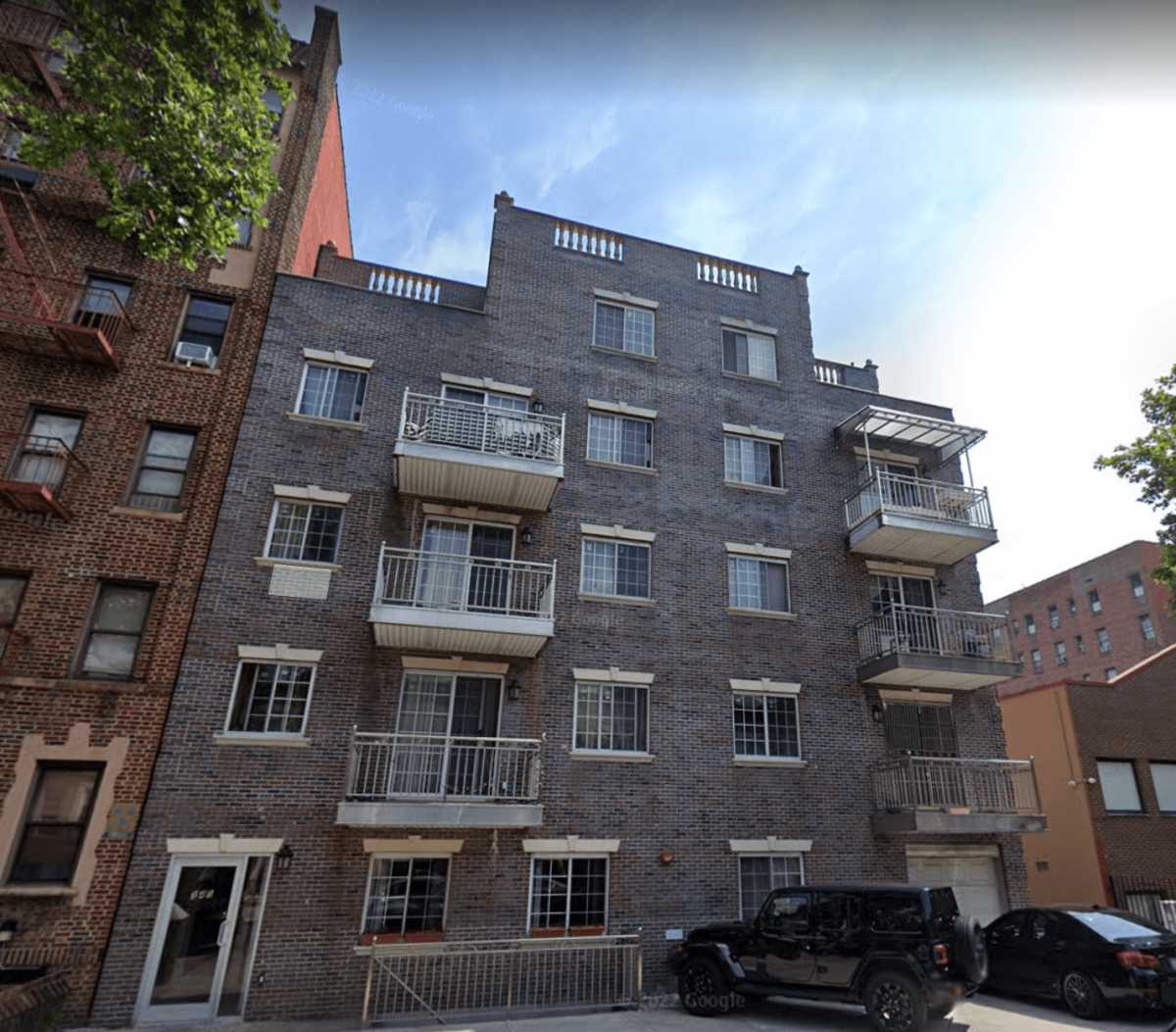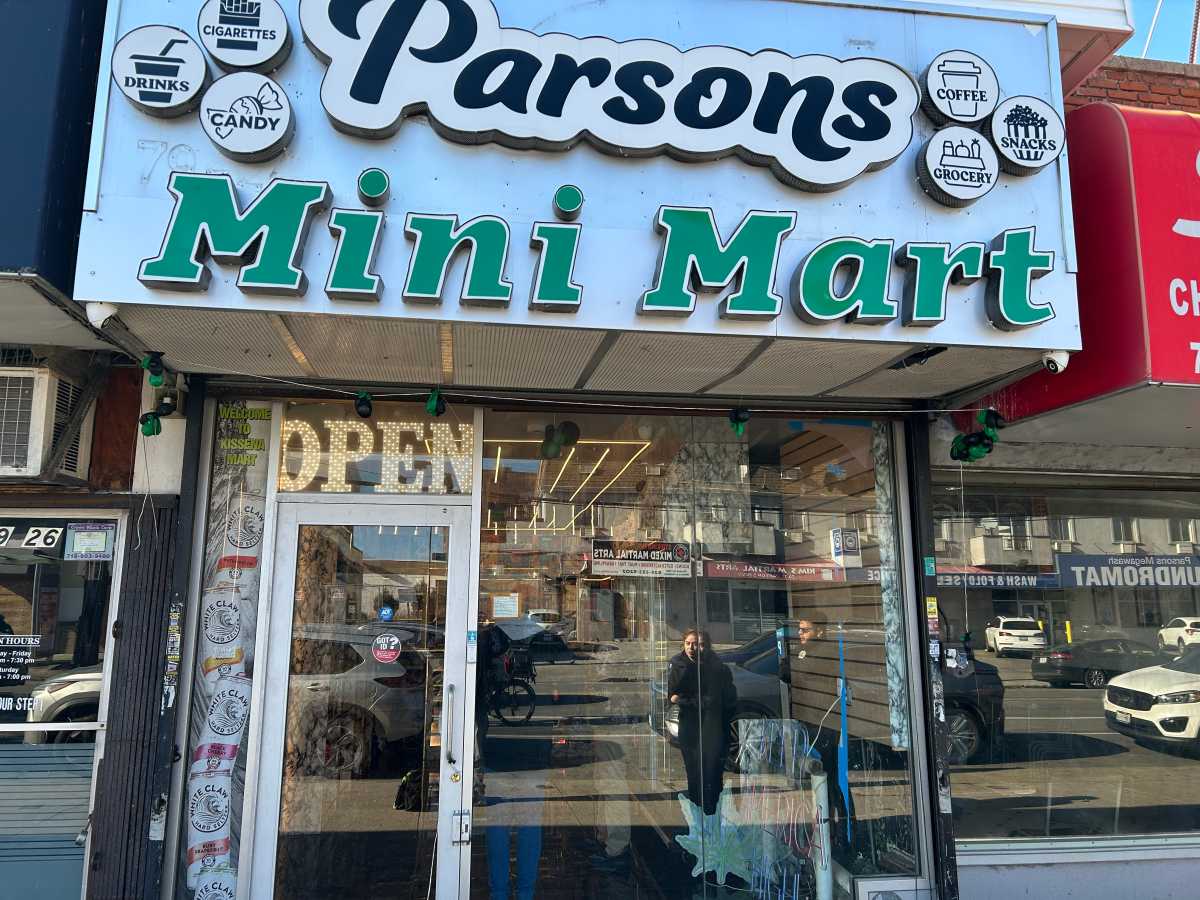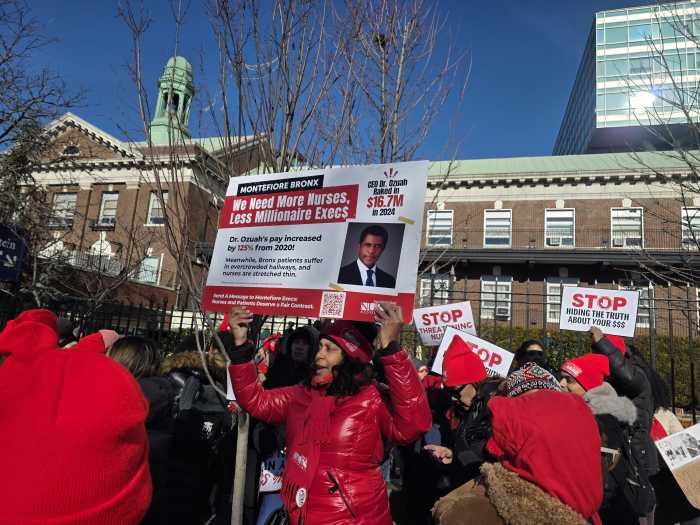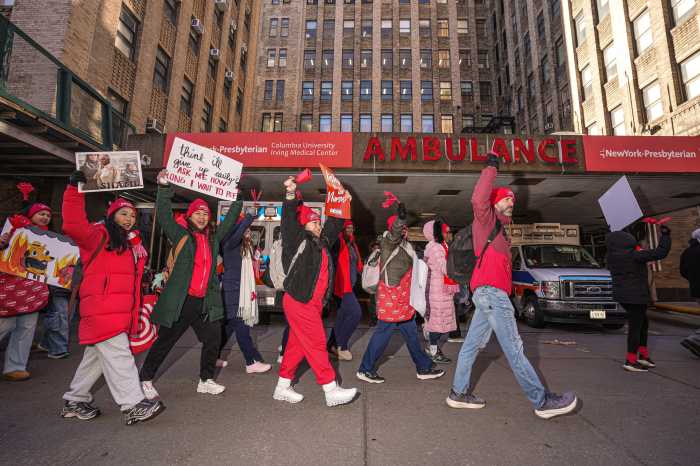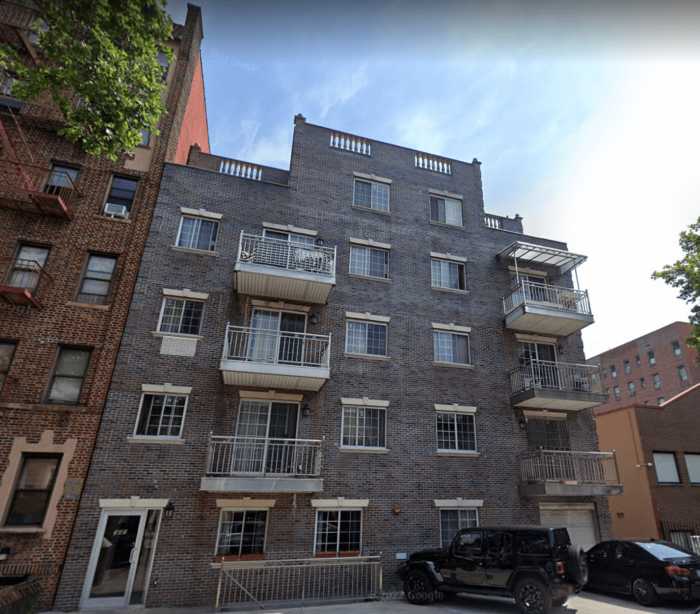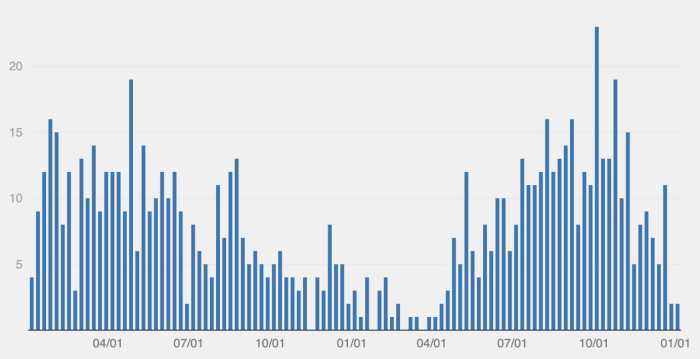During the first round of Democratic presidential candidate debates in June, hopefuls stuck to an abbreviated list of what they would do if voted into the Oval Office. But some New Yorkers and advocates said the candidates’ specific plans missed the mark of what everyday people really need.
With slight differentiations, the candidates’ plans entailed steps toward universal health care, lower college costs and student loans, reforming immigration policies, buying back assault weapons, establishing universal background checks for gun ownership, and rejoining the Paris Climate Accord.
Upper West Side resident Carnell Frazier, 40, said while it’s important for the candidates to address these large issues, even tentative solutions can be complex and take time to complete. Frazier and countless other New Yorkers would, instead, like to see candidates focus on harnessing technology, education, and arts to find solutions to less sensational, still-evolving problems before they become crises.
“We need to talk about debt, poverty, and scandals. … Waiting to see if it’s going to be a problem is not reason to prolong doing something and who should address it,” he said. “These are things we have to face. We need [solutions for these things] to come with us in the future to help us face bigger issues, downfalls, and setbacks.”
One of those evolving problems is the lack of acknowledgment around long-term medical care for the elderly and disabled.
There are roughly 242,000 people enrolled in a managed long-term care program statewide, with 76% residing in New York City. While Heidi Siegfried, director of health policy at the Center for Independence of the Disabled, said New York City and state do a relatively good job of advocating for these patients, the same can’t be said for other areas in the country.
“Ten thousand people are turning 65 every day and we really don’t have the work force to take care of people. … It’s really something that should be addressed federally,” said Siegfried. “There has to be funding to adequately pay managed care companies and for them to adequately pay their workers.”
Despite long-term home care workers being one of the Top 10 fastest-growing occupations, the average hourly wage for home health aides is $12.18, according to the Bureau of Labor Statistics. The abysmal compensation combined with long hours and work demands leads to a high turnover rate, Siegfried said.
Mark Hannay, director of Metro New York Health Care for All, said the intense focus on access to health insurance often neglects the factors which lead to people needing access to health care in the first place.
“If what we really want to have in the U.S. is healthy people and healthy populations, then health care per se is the very end of the process,” he said. “The social and economic determinants are far bigger and more important factors.”
Those factors, Hannay said, are stable jobs with benefits, housing, schools, recreational spaces, and healthy food. A lack of access to these categories results in health inequity, he said, which disproportionately affect low-income communities, communities of color, and immigrants.
Inequality.org, a project by the Institute for Policy Studies, found those with higher incomes live longer, have fewer cancer death rates, lower obesity rates, and receive more social security. White households, according to the project, have 41 times more wealth than the median black family and 22 times more wealth than the median Latino family.
“How are the candidates going to make [health care, health insurance, and health indicators] more equitable for people who, for decades, have been getting the short end of the stick?” he said.
Advocates say these same communities also face issues with education, which the candidates have also neglected to address.
Jasmine Gripper, legislative director and statewide education advocate for the Alliance for Quality Education in New York City, said candidates largely have only hit issues that make the most headlines. Regarding education, she said candidates are primarily focusing on student debt and higher education. While those issues do need to be addressed, she said one of the largest national issues is the lack of support for homeless and poverty-stricken children in kindergarten through 12th grade.
“As people who are running for office on the federal level who say they care about workers and working Americans, what’s happening with children deeply impacts working Americans, especially the working poor,” she said. “The kids with the highest needs, there’s more of them now then there’s ever been before. … Kids who are coming from poverty, from food insecurity, coming from homelessness, they need more guidance counselors, more social workers, and they need more positive support.”
Gripper said kids living in poor economic and home conditions tend to fall behind academically as early as kindergarten. Without the proper resources and staff training, those kids continue falling further behind their peers and many eventually drop out of school.
This situation, she said, results in children engaging in criminal behavior, going to jail, and propelling the cycle with their own children.
One in 10 students in New York City have experienced homelessness, according to the Institute for Children, Poverty, and Homelessness (ICPH). The organization found only 56% of homeless students graduated on time in 2017, compared to 77% of those who were never homeless. Their data also shows homeless students suffer higher rates of chronic absenteeism and midyear school transfers.
“We are doing a horrible job right now of preparing the next generation to take over or be better off than the generation of their parents,” said Gripper.
Twenty democrats will discuss their platforms during the second round of debates Tuesday and Wednesday on CNN at 8 p.m.




